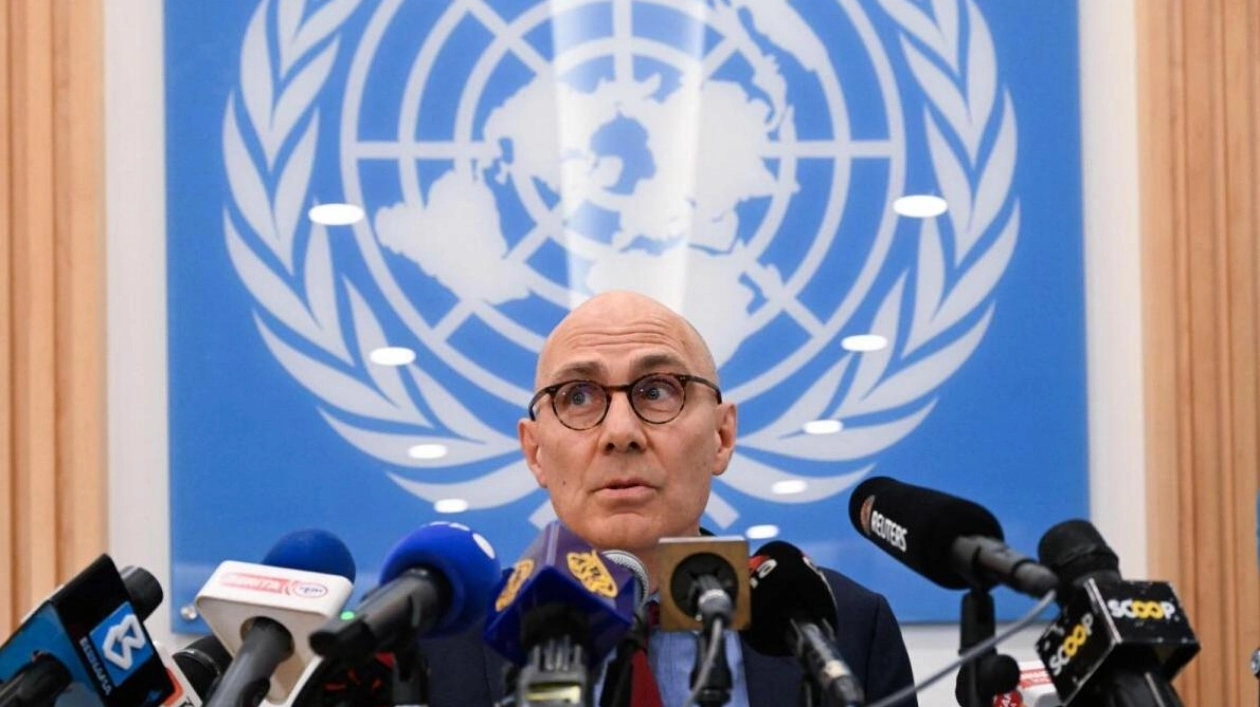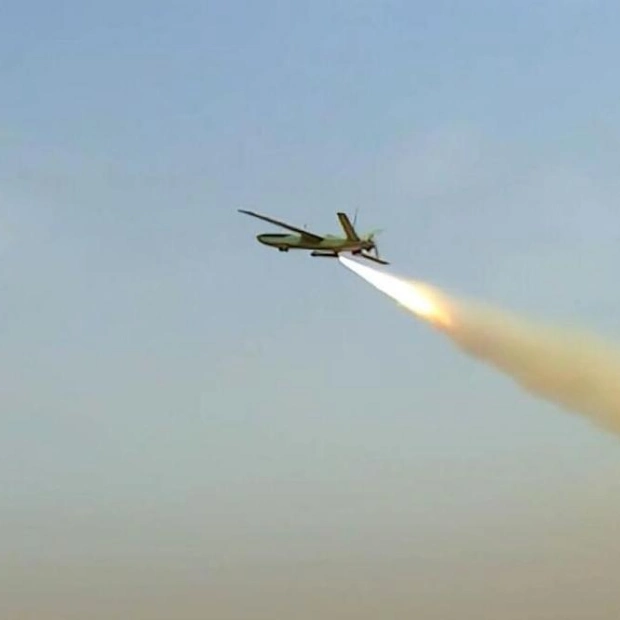The United Nations High Commissioner for Human Rights urged vigilance against far-right political advances in Europe on Wednesday, highlighting narratives that dehumanize migrants and asylum seekers. 'We must remain highly vigilant, especially since history shows us, particularly in Europe, that the vilification and denigration of others are precursors to future events,' Volker Turk stated at a press conference in Geneva. 'This is a warning we must heed.'
Last month, far-right parties secured gains in the European Parliament, and France is currently in the midst of a run-off election where opponents of the far-right, anti-immigrant National Rally are attempting to prevent their rise to power. As an Austrian, whose nation was a center of anti-Semitism in the 1930s and participated in the Holocaust following its annexation by Nazi Germany, Turk has previously expressed a desire to prevent future atrocities as a motivation for his role in the UN.
Formerly a senior official at the UN refugee agency, Turk has long advocated for enhanced protections for refugees. 'In Europe, we have regrettably witnessed an upsurge in hate speech and discriminatory rhetoric, and it is crucial that political leaders unequivocally state that there should be no tolerance for hate speech or any attempts to demean others,' he emphasized.
Turk attributed the surge in populist, extremist politics to the Covid-19 pandemic and its repercussions, including escalating living costs, which have disenfranchised and disillusioned a significant portion of the population. 'Traditional political parties rarely engage in self-reflection on how they could better perform their duties to address the legitimate concerns of their populations and constituents,' he added.
Now nearly halfway through his four-year term as UN rights chief, Turk, whose role involves speaking out against infringements on freedoms, had hoped to leverage his position to address global issues such as climate change. However, ongoing conflicts in Gaza, Ukraine, and Sudan have compelled him to focus on 'crisis management.' 'We have observed the normalization of events that were, quite frankly, unimaginable just a few years ago,' he concluded.






